If the trading decisions you make involve real money, you will understand how challenging it can be. Our brains are not adapted to trading because it involves too many counterintuitive ideas, and a moment of carelessness can force us to make the wrong decisions, leading to trading failures.
In this article, the Japanese senior trader, Akio Tanaka, uses his own trading experience to review five common psychological errors in trading. If you master them, you will have a great advantage in trading!
Always think you are right
The first thing to remember in trading is that the market is always right. This does not mean that we are wrong, but we must not "struggle" with the market at critical moments. Akio Tanaka believes that if the market does not develop as we think, it is better to simply cancel the trade and let it become a loser within your parameters. This way, you will focus on another trade and another opportunity to make money.
There should be a connection between each trade order
This is a simple thinking trap because our learning mainly comes from experience. So, our brains try to find patterns in everything we do and everything that happens around us. Our brains know that after the sun sets yesterday, night falls, and the same thing will happen today. This is one of our most basic survival skills, but it is not so useful in trading.
You know that you could have been a winner in many trades, but you didn't do it because the previous failure made you "very stressed." Many trades that should not have been done, but you still did, because you "lost yourself" in a series of successful trades in the past. So, in the next trade, try to forget your last trade and deal with each trade with the cleanest mind.
Always very excited when trading
Our emotions determine that what we should do when trading is exactly the opposite, so you'd better calm down and trade professionally, which means you should try to avoid emotionalization as much as possible.
Akio Tanaka said that when he first started learning trading with his mentor, he was very involved in trading and always inclined to make hasty decisions. Later, Akio Tanaka learned to simply act according to the strategy and became "numb" to the emotions brought by trading. In Tanaka's view, numbness to trading is an extreme of trading psychology, and the best benefit of numbness is that he only cares about the profit/loss brought by the trade, not swayed by the emotional impact of the trading results.The harder you work, the better the results you get.
This is another classic mistake in trading psychology. We tend to think that more trades mean more profits, but this usually means more losses and less profit. Because we force our brains to look for trades that don't make any sense, we tend to break the rules and fall into the common trap known as overtrading; and this will cost you dearly.
Akira Tanaka explained this with his own example: when he first started scalping, his performance in the first few weeks was not so bad. According to the trading log, the account had a slight loss or even a break-even at most. However, he found a large expenditure in his account, but Akira had no idea where it came from. After looking at the statement, Akira found that he had to do 5-10 scalping trades every day, so the commission paid was also a lot, even far exceeding the profit.
Trading is very complicated.
In fact, making money is usually a complicated thing. We have to complete a job that requires our skills, abilities, and even physical strength. We will have to study for many years, get up early, or endure a hated boss. In general, it is not easy.
But for trading, Akira believes that trading is actually very simple. Because your purpose and behavior are very single, as long as you enter the market to make money. No matter whether you enter the market with a position of 1,000 or 1,000,000, the market performance will be exactly the same. If you invest 1 million dollars, you will earn 1,000 times more money than if you invest 1,000 dollars, but the effort paid will be exactly the same: there is almost no difference, it's just that our brains always tend to complicate things.
Because the definition of trading tends to be complicated, many people also have a lot of conditions for choosing trading strategies. But please remember, trading is not our game, but the market's game. So, trading strategies do not need to be too complicated either.
Related Articles

My Girlfriend And My Dog Were In The Same Room - What Happened Still Haunts Me To This Day-2
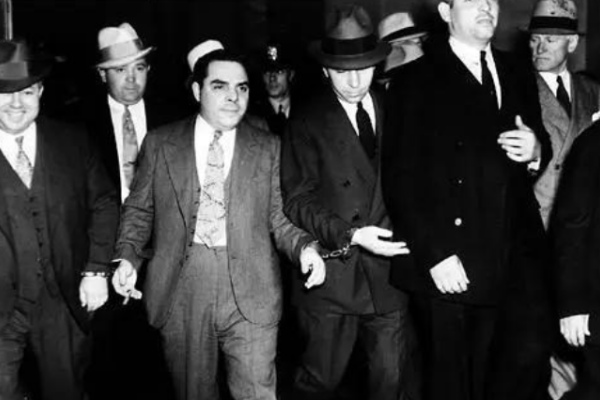
10 Gangs That Rule the Global Underworld—Governments Dare Not Touch Them!

What to do when trading encounters consecutive losses?
Biography of a Stock Market Master"King Cobra": Graduated from Fudan University in 2011 with a master's degree in econom...

3 trading principles, trading genius Michael Marcus made a profit of more than 2
Almost all investors have experienced the pain of failure. Today, we introduce this trading master who has suffered cont...
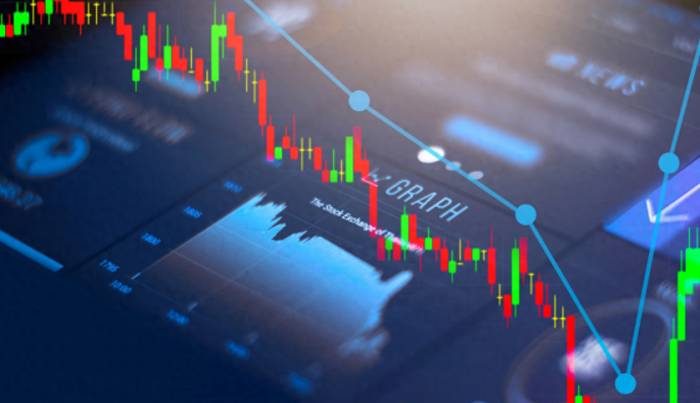
How to quickly recover after blowing up?
No trader wants to consider the issue of a margin call, yet it is almost a problem that every trader will encounter. If ...
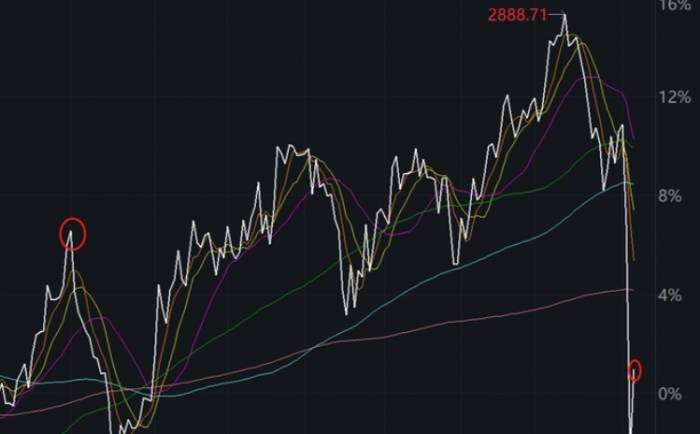
An annual return rate of 2000%! He is the "Treasury futures god" who is known wo
In 2020, it was an extremely challenging year for various industries. The spread of the COVID-19 pandemic severely impac...

Edward Thorp: From casinos to financial markets, a true investment god!
Edward Thorp is a renowned pioneer of market-neutral strategies in the United States and the first person to defeat casi...

Less trading, more earning?
Overtrading and overmanaging plague many traders, and this is even the main reason for the failure of some traders. Desp...

My Girlfriend And My Dog Were In The Same Room - What Happened Still Haunts Me To This Day-12

Goddess Festival talks about the goddess: The seven most awesome goddess traders
The growth of online trading platforms has opened the door to gender equality and gradually eliminated the traditional s...

Top 10 World's Most Rare Conditions: Woman With Two Heads, An Old Man Baby, The Man With No Chin...

My Girlfriend And My Dog Were In The Same Room - What Happened Still Haunts Me To This Day-8

The perception of trading masters: What really makes trading make a lot of money
In "Reminiscences of a Stock Operator," the author Jesse Livermore once said something to this effect:After making and l...
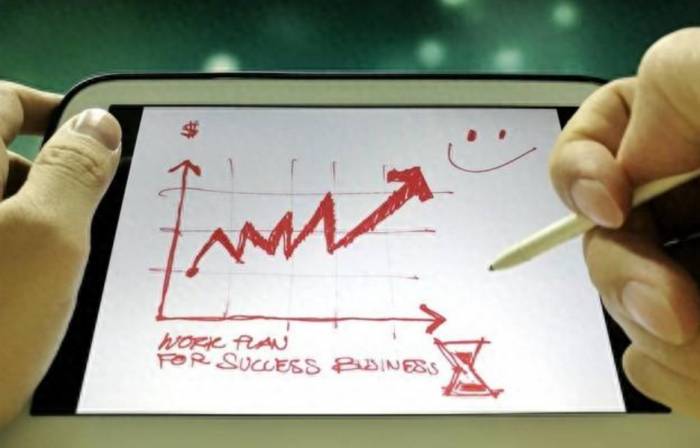
Pearls of wisdom! The most comprehensive compilation of the world's top traders'
In the initial years of trading, novice traders should regard themselves as apprentices, either to a mentor, a book, or ...
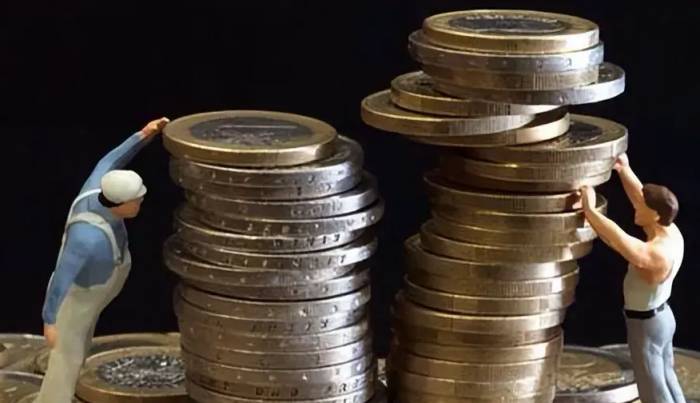
What are the risks, opportunities, and strategies of short-term trading? All in
In real-world trading, those who engage in short-term trades often make profits, yet they lose money in a way that is in...

The World's 10 Strongest Pregnant Women (And Yes, That Includes a Man Who Got Pregnant)!

These 5 methods can help you catch the best time to close positions
In the trading market, as the saying goes, the one who knows how to buy is an apprentice, and the one who knows how to s...
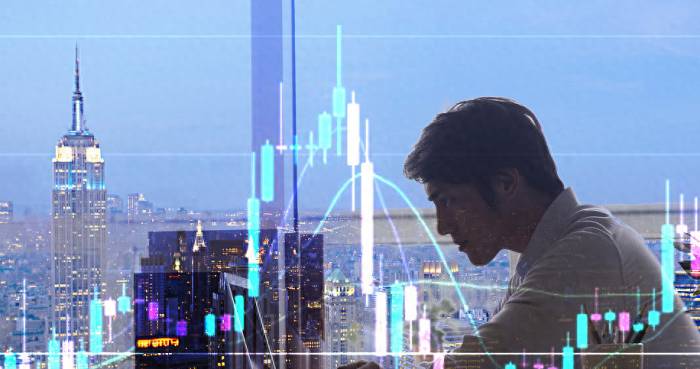
The "inner world" determines your trading achievements
For traders, the world can be divided into two: one is the objectively existing external world, which is the market envi...

My Girlfriend And My Dog Were In The Same Room - What Happened Still Haunts Me To This Day-6

My Girlfriend And My Dog Were In The Same Room - What Happened Still Haunts Me To This Day-4
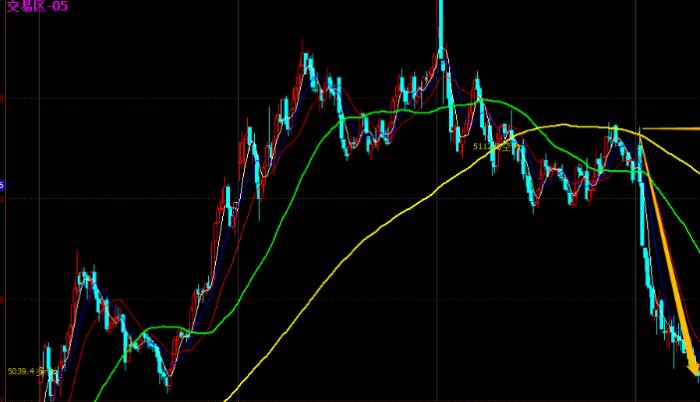
The investment treasure of trading "weak"
Wahaha originated from grassroots sales, achieving a 370-fold increase in 9 years during the retail period, and was late...
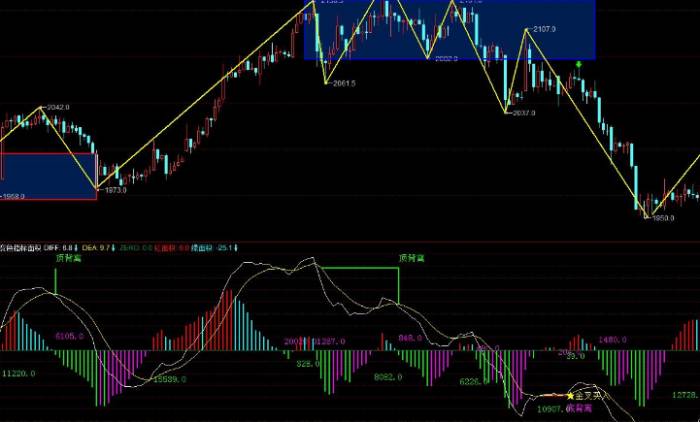
A highly accurate intraday trading strategy
The trading market can have a million different methods, and you can also have a variety of different strategies. This a...

Essential for novice traders! 7 aspects to watch when choosing a dealer
Traders are a key element in currency pair trading, acting as intermediaries to execute transactions on behalf of trader...

My Girlfriend And My Dog Were In The Same Room - What Happened Still Haunts Me To This Day-9
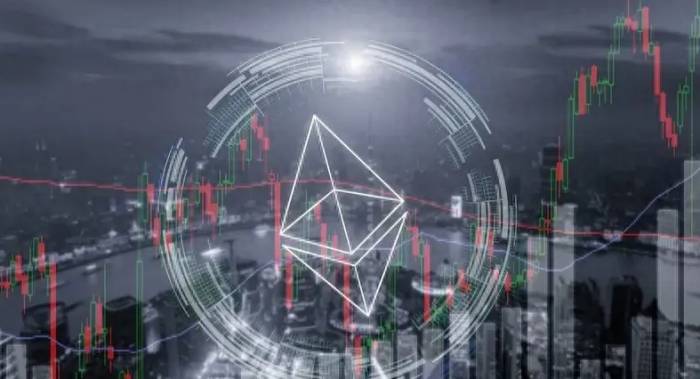
The contest between "win rate" and "profit and loss ratio": How to choose in cur
For traders, to achieve profit targets, there are generally two directions of effort: continuously improving the trading...
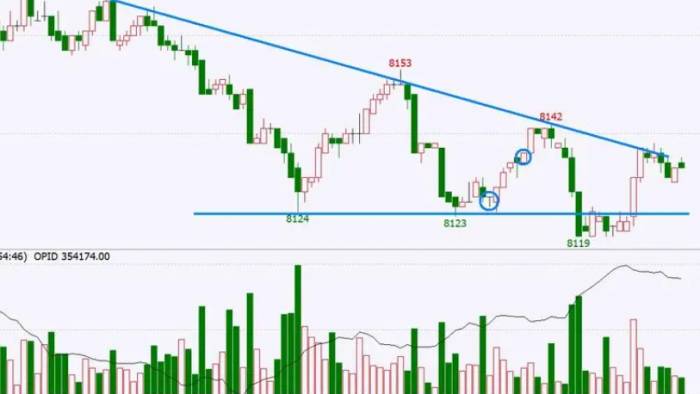
Do these to become a "jungle hunter" in the trading market!
The "Adaptive Markets Hypothesis" posits that markets function much like an ecosystem, evolving gradually in a manner ak...

Grasping the time frame is the foundation of profit
The concept of a time frame refers to a specific period of time, during which the price action is displayed on a chart. ...

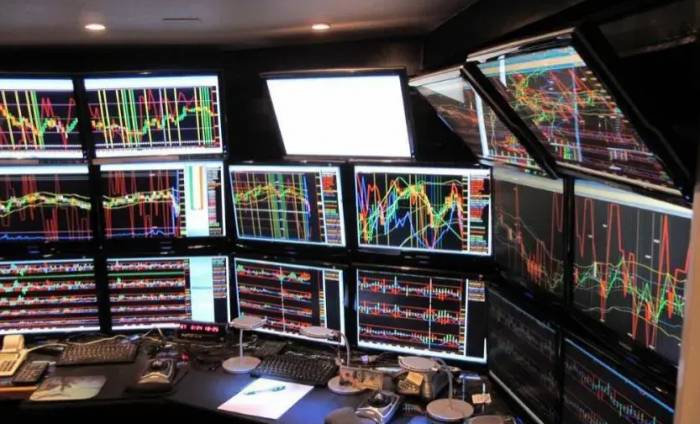
A few points to teach you how to choose the most suitable trading platform
The first step in entering the money market for investment is to choose a good trading platform. However, selecting the ...
